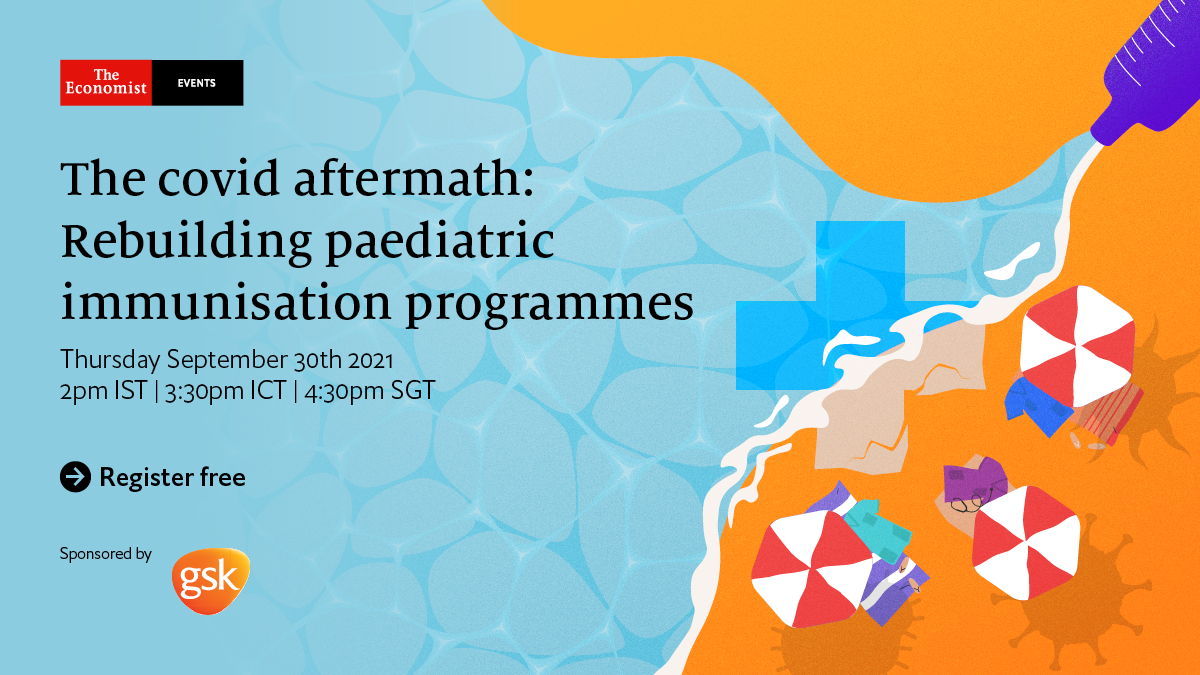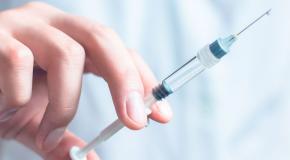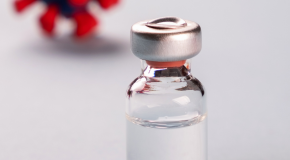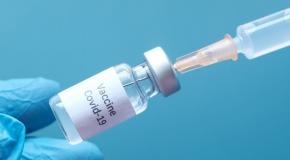When a highly disruptive event like the pandemic occurs, it places substantial stress on many of these programmes simultaneously, just as an economic downturn does on every company at once. The results for both finance and public health are revealing. To quote Warren Buffett, “only when the tide goes out, do you discover who’s been swimming naked”.
This report describes the methods and main findings from The Economist Intelligence Unit’s research examining the state of paediatric vaccination programmes in 5 emerging economies (Argentina, Brazil, India, Mexico and Vietnam), how they got this way, and their capacity to improve in future – as revealed by the ebbing tide created by the pandemic. The research focuses on four diseases – measles, pertussis (or whooping cough), rotavirus-induced diarrhoea, and vaccine-preventable forms of meningitis – as well as seven vaccinations which can help control these, and which the WHO recommends for every country’s vaccine schedule.1
The findings from this research programme centred around the insights uncovered in The Vaccine-Preventable Disease Scorecard. The Scorecard is a benchmarking tool – developed following an intensive literature review and consultation with an advisory panel – which has gathered data for 19 indicators relevant to success against vaccine preventable disease, across 5 domains: Health System Resources; Drivers of Vulnerability to Disease; Immunisation Programme Performance; Surveillance and Adoption of International Recommendations; Supply- and Demand-Related Factors.
The point of the Scorecard is not to judge which country comes first or last: the gold medal here would be the elimination of preventable disease, not bragging rights over EIU scoring. Our hope, instead, is to start a discussion that will help every country get closer to that goal.
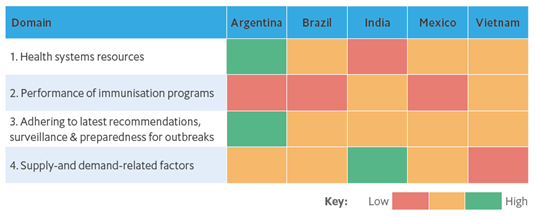
We would like to thank the following individuals who served as our expert panellists on the topic and provided guidance on the Scorecard:
- Dr Florencia Cahn, President of the Argentine Society of Vaccination and Epidemiology (SAVE) and member of the Advisory Committee of the Ministry of Health, Argentina
- Dr Carla Domingues, independent researcher, and former co-ordinator of Brazil’s National Immunisation Program, Brazil
- Dr Alejandra Gaiano, Paediatrician specialising in infectious disease, Hospital Materno Infantil de San Isidro, Argentina
- Dr Maria de Lourdes García García, Deputy Director of Prevention and Surveillance in Infectious Diseases, Center for Research in Infectious Diseases, National Institute of Public Health, Mexico
- Dr Karin Regina Luhm, Professor of the Graduate Program in Public Health, Universidade Federal do Parana, Brazil
- Dr Claudio Maierovitch Pessanha Henriques, Physician, Fiocruz Brasília, Brazil
- Dr Jaime Sepúlveda, Executive Director of Global Health Sciences, University of California, San Francisco, US
We would like to thank the following individuals and organisations for generously contributing their insight and expertise on paediatric immunisations for this report:
- Dr Raj Shankar Ghosh, Senior advisor, Vaccine Delivery, Bill &Melinda Gates Foundation, India
- Dr Jerome Kim, Director-General, International Vaccine Institute, South Korea
- Prof Heidi Larson, Director of The Vaccine Confidence Project, Department of Infectious Disease Epidemiology, London School of Hygiene & Tropical Medicine, UK
- Dr Kayla Laserson, Deputy Director for Infectious Diseases and Vaccine Delivery, Bill & Melinda Gates Foundation, India
- Dr Gustavo Olaiz, General Co-ordinator of the Center for Research, Policies, Populations and Health (CIPPS) of the Faculty of Medicine of the National Autonomous University of Mexico, Mexico
- Prof Paul A. Offit, Director of Vaccine Education Center, Professor of Paediatrics at Division of Infectious Diseases at Children’s Hospital of Philadelphia, US
- Prof Walter A. Orenstein, Professor of Medicine, Epidemiology, Global Health, and Paediatrics, Associate Director of the Emory Vaccine Center, US
- Dr Arindam Ray, India country lead, New vaccines and immunisation systems, Bill and Melinda Gates Foundation, India
- Dr Gunjan Taneja, Program Officer, Vaccine Delivery, Bill & Melinda Gates Foundation, India
- Dr Pham Quang Thai, Vice Head of Communicable Diseases Control and Prevention, National Institute of Hygiene and Epidemiology (NIHE), Vietnam
1The vaccinations in question are doses one and three of diphtheria-tetanus-pertussis combined vaccine (DTP1 and DTP3); doses one and two of measles containing vaccine (MCV1 and MCV2); the rotavirus vaccine (RotaC); the third, and final, dose of haemophilus influenzae type B vaccine (Hib3), and the third and final dose of pneumococcal conjugate vaccine (PCV3). The last two also reduce incidence of certain forms of meningitis.
On September 30th 2021, Economist Events will be hosting a virtual panel discussion “The covid aftermath: rebuilding paediatric immunisation programmes”. Speakers include Dr Jerome Kim, Director-general, International Vaccine Institute; Dr Raj Shankar Ghosh, Senior advisor, Vaccine delivery, Bill and Melinda Gates Foundation; Dr Pham Quang Thai, Vice-head, Infectious Disease Control and Prevention Department, National Institute of Hygiene and Epidemiology; Dr Heidi Larson, Director, The vaccine confidence project and professor, department of infectious disease epidemiology, London School of Hygiene & Tropical Medicine; Dr Jaime Sepulveda, Executive Director, Global Health Sciences, University of California; Dr Claudio Maierovitch Pessanha Henriques, Coordinator of Epidemiology and Health Surveillance Nucleus, Fiocruz Brasília; Dr Alejandra Gaiano, Paediatrician specialising in infectious disease, Hospital Materno Infantil de San Isidro.
Register here to join in APAC or in LATAM



